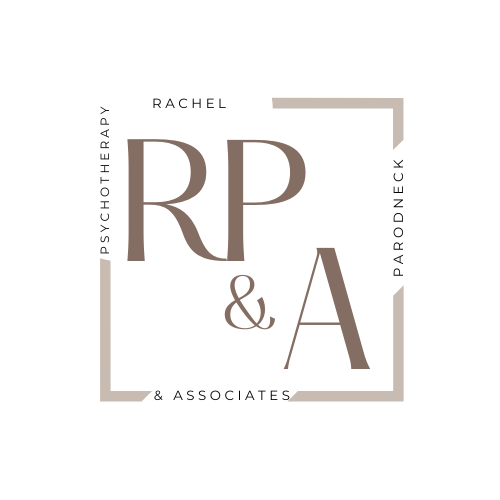Cheers! Is My Drug and Alcohol Use Unhealthy?
There are many healthy ways to boost your mood and then there are those that are perhaps the most immediately gratifying. Perhaps the most unorthodox way many practice self-care (but we don’t call it that) is with drugs and alcohol. After a stressful day of work, many unwind with a stiff drink. Have a fight with your partner? A joint could take the edge off. Out partying and feeling socially awkward? No surer way to bond with your fellow partygoers than to share a line or two of coke.
Sounds like fun, no? The short-term effects of alcohol and other substances can be euphoric; if they weren’t, you wouldn’t be using them. Although you may feel better in the moment, used in excess, these do more harm than good long-term. Illicit substances are less studied than alcohol so for the sake of getting you the hard and fast facts, this article will focus on alcohol and what to do if you find that you’re using it to cope in a way that is not healthy.
How much is too much? The Center for Disease Control and Prevention (CDC) defines moderate alcohol consumption as having up to 1 drink per day for women and up to 2 drinks per day for men. What is binge drinking? According to the CDC, binge drinking is defined as a pattern of alcohol consumption that brings the blood alcohol concentration (BAC) level to 0.08% or more. This pattern of drinking usually corresponds to 5 or more drinks on a single occasion for men or 4 or more drinks on a single occasion for women, generally within about 2 hours.
What exactly happens to our bodies and our brains when we utilize substances in excess as a coping mechanism?
According to The National Institute on Alcohol Abuse and Alcoholism, alcohol interferes with the brain’s communication pathways, and can affect the way the brain looks and works. Drinking excessively over a sustained period of time can damage the heart, liver, pancreas, and cause multiple forms of cancer.
When it comes to the brain, regular heavy drinkers can expect less than ideal mental health. Alcohol is a depressant. You might feel relaxed after a drink, but in the long run, alcohol can contribute to feelings of depression and anxiety, making stress harder to deal with overall. Drinking alcohol is also linked to a range of mental health issues from depression and memory loss, to suicide.
If you’re questioning whether or not you have a problem, ask yourself when do you tend to drink? Is it to celebrate or to cope with difficult situations and emotions? How much do you use and what are the consequences? Try going without using or drinking for 30 consecutive days or try to keep it to two drinks in a night. If it’s a struggle or you find that you are unable to follow through, you may have a problem.
Alcoholics Anonymous has a quiz where you can score yourself to determine if you have a problem with drinking. The link for this self-scoring quiz is: https://www.aa.org/pages/en_US/is-aa-for-you-twelve-questions-only-you-can-answer
If substance use is becoming detrimental to your wellbeing, Narcotics Anonymous has a similar quiz at this link: https://www.na.org/admin/include/spaw2/uploads/pdf/litfiles/us_english/IP/EN3107.pdf
What can you do to quit? Try out an AA, NA, or SMART Recovery meeting. There are a plethora of meetings in virtually every nook and cranny of NYC—seriously! Check out AA’s intergroup website to find in-person and online meetings:
https://www.nyintergroup.org/
If you don’t want to quit but think the answer may be moderation, there are other programs you can try such as Moderation Management (MM), which focuses on reducing alcohol consumption without abstaining altogether. MM was founded to create an alternative to AA for people who do not necessarily want to stop drinking, but want to moderate their amount of alcohol consumed to reduce its detrimental consequences.
Resources for help moderating or quitting:
Alcoholics Anonymous:
AA.org
Moderation Management:
Moderation.org
Narcotics Anonymous:
NA.org
SMART Recovery:
Smartrecovery.org
Substance Abuse and Mental Health Services Administration SAMHSA’s National Helpline is a free, confidential, 24/7, 365-day-a-year treatment referral and information service (in English and Spanish) for individuals and families facing mental and/or substance use disorders.
1-800-662-HELP (4357)
If you’d like help moderating or stopping your drug and/or alcohol use, schedule a consultation with me or book an appointment online.


